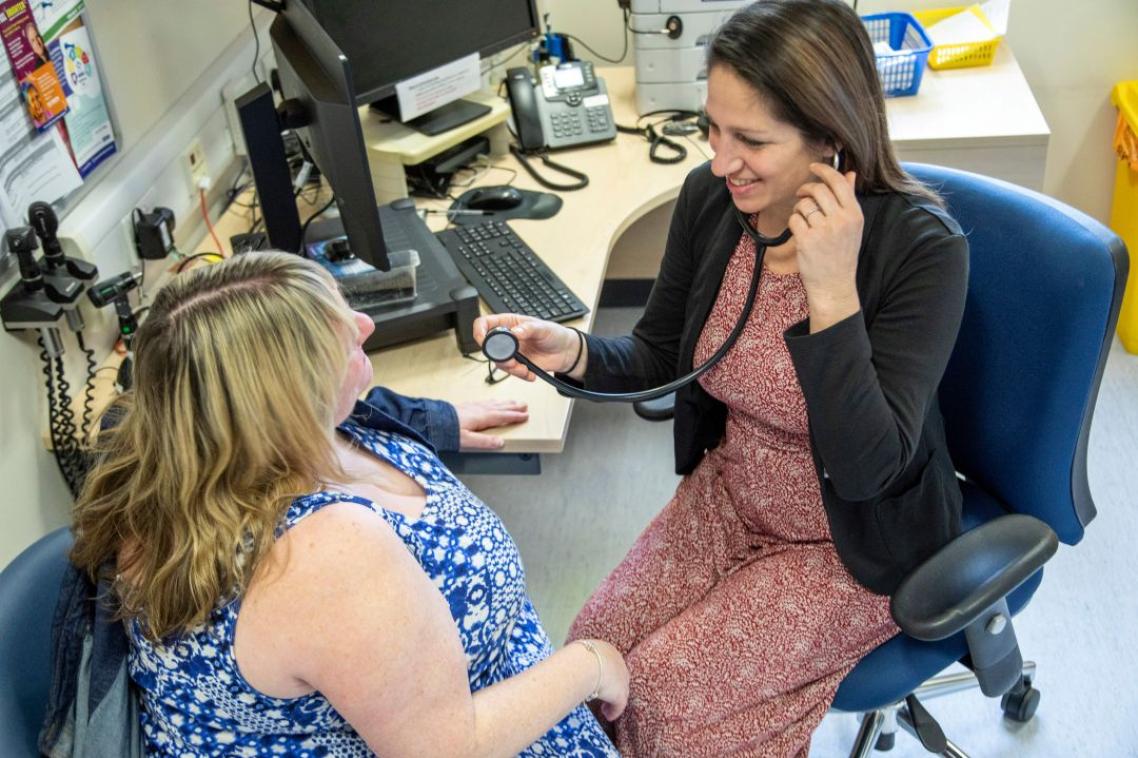How to unlock the social cure

Psychology researchers are pushing for greater recognition that social connections are as important to health as regular exercise or not smoking.
University of Queensland Professor Alex Haslam said until now, practitioners had not had a clear set of guidelines to deal with the adverse health effects of social isolation.
“There is a wealth of evidence which shows when people lose valued group memberships this has detrimental health effects,” Professor Haslam said.
“This can happen when new mothers experience a loss of connection to friends, when new students start university and struggle to fit in, when retirees stop work, or when older adults move into care homes and lose connection to their community.”
A new book, The New Psychology of Health: Unlocking the Social Cure by researchers from UQ’s School of Psychology, looks at how social group membership and social identity influence health, and can provide a basis for ‘social cures’.
“The book examines the role of group and identity processes, and their contribution to conditions such as depression, stress, trauma, ageing and addiction,” Professor Haslam said.
“This analysis provides a basis for developing new solutions.”
The book’s co-authors – Professor Catherine Haslam, Professor Jolanda Jetten, Dr Tegan Cruwys, Dr Genevieve Dingle and Professor Haslam – draw on their combined expertise across the fields of social, clinical, health, organisational and neuro-psychology.
A broad range of topics includes the role group memberships play in decisions to engage in problematic behaviours such as smoking or excessive dieting, in recovery from stress, trauma, and depression, and in pain management.
“It’s important people understand that in all these cases, mental health is shaped not just by joining a group, but by seeing the group as a meaningful part of who one is,” Professor Haslam said.
“A core theme is that the lack of a sense of ‘us’ is implicated in a range of the health problems we examine, but this is also a focus for intervention.”
Professor Alex Haslam said the book is for researchers, students and practitioners in the field, as well as people dealing with health outcomes of social isolation.
“Our hope is that this book will change the way people think about health and show them how social connections can be cultivated in order to secure long-term positive health outcomes.”
Media: Professor Alex Haslam, a.haslam@uq.edu.au, +61 468 547 291, @alexanderhaslam; Kirsten O’Leary, UQ Communications, k.oleary@uq.edu.au, +61 73365 7436, @UQhealth.
Topics
Related articles

Nature versus nurture question addressed in landmark study

A better way to assess cardiovascular health
Media contact
UQ Communications
communications@uq.edu.au
+61 429 056 139

